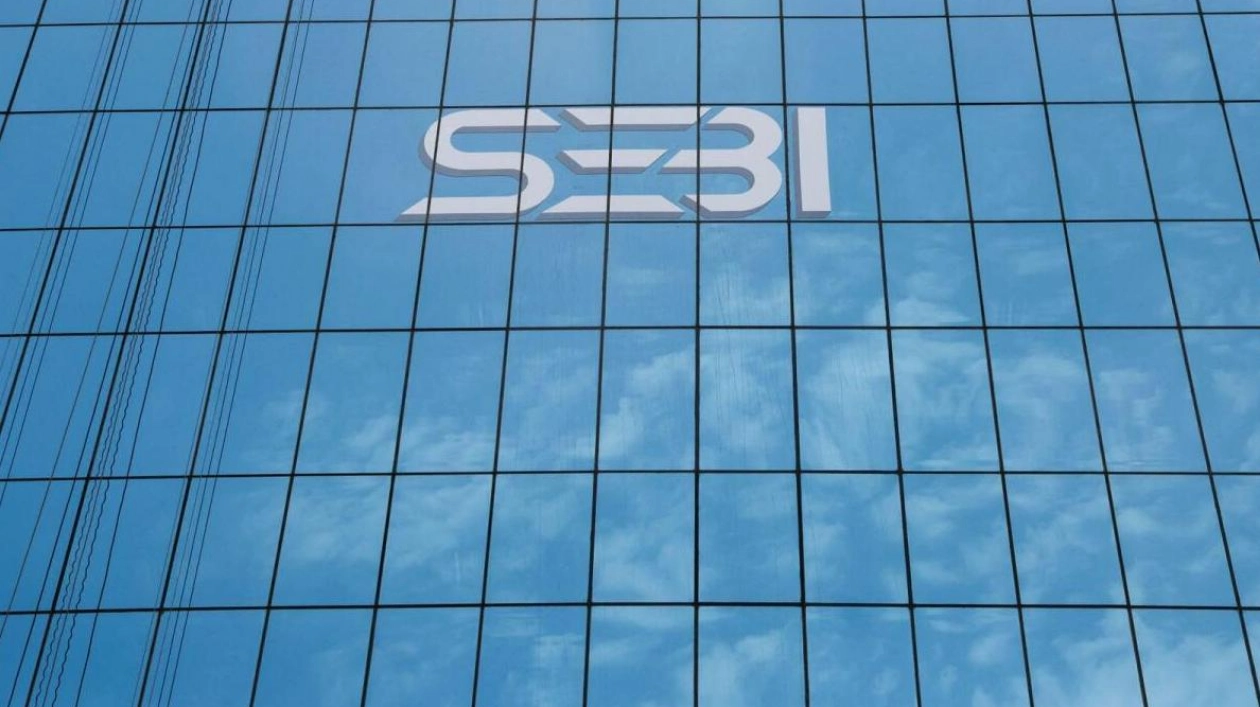India's securities regulator, concerned about irregularities in a booming initial public offering (IPO) market, is scrutinizing six domestic investment banks involved in IPOs for small businesses, according to two sources with direct knowledge of the matter.
The Securities and Exchange Board of India (Sebi) initiated these investigations earlier this year, focusing on the fees charged by the banks, the sources said, requesting anonymity due to the confidential nature of the probes. Sebi has discovered that at least half a dozen small investment banks have charged companies fees amounting to 15% of the funds raised through their IPOs, significantly higher than the typical 1-3% in India.
Reuters could not ascertain the names of the banks under investigation. Sebi did not respond to requests for comment. These investigations follow Sebi's efforts to caution investors about the risks associated with investing in some small businesses and plans for stricter regulations for such IPOs.
In India, smaller businesses with annual turnovers ranging from Rs50 million to Rs2.5 billion ($600,000-$30 million) list on separate sections of the BSE and National Stock Exchange of India (NSE). These listings have fewer disclosure requirements and are vetted by the exchanges, unlike large IPOs which must be approved by Sebi.
Sebi's preliminary findings indicate that the high fees are being charged to ensure oversubscription of the offerings, according to one of the sources. The regulator is also investigating coordinated activities between banks and certain investors who violate rules by placing large bids both as high net-worth individuals and as ordinary retail investors, the second source said.
"These bids are not genuine and are cancelled at the time of allotment, but the high subscriptions attract more bids and investments from other investors," the source added. India has over 60 investment banks actively working on IPOs for small businesses, a segment that, like the rest of India's IPO market, has been thriving.
In the last fiscal year ending in March, 205 small firms raised 60 billion rupees, a significant increase from the 125 companies that raised Rs22 billion a year earlier, according to Prime Database, a capital markets data provider. For the April-August period this year, 105 small firms have raised 35 billion rupees, with more than two-thirds of the offerings oversubscribed.
Ashwani Bhatia, a senior Sebi official, recently stated that IPOs for small and medium-sized enterprises have been lacking in checks and balances. The regulator is expected to soon propose stricter rules. As part of its crackdown, Sebi in July limited the share gains for a small firm's first day of trade to 90%.
The sources also mentioned that Sebi has instructed auditors and exchanges to be vigilant and prevent companies from listing if there is dissatisfaction with the information provided in IPO documents. Sebi is also developing 12-15 action points to modify how smaller firms conduct their IPOs, according to one of the sources.






